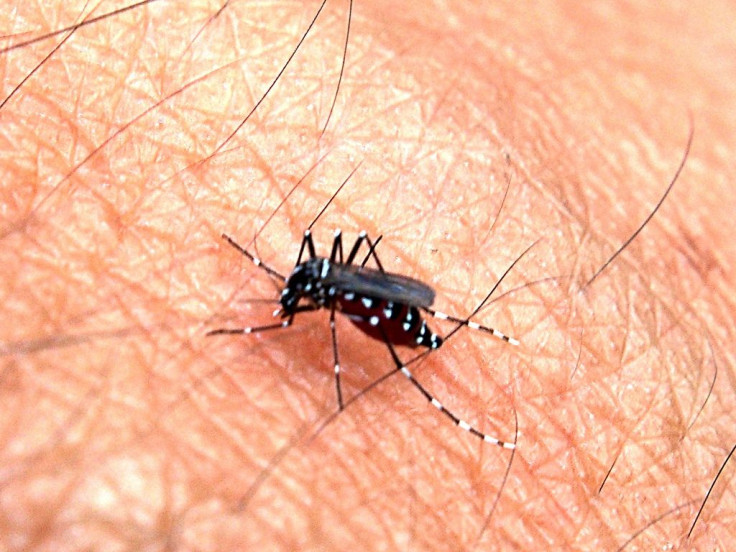Genes, Blood Type, And Drinking Beer: Why Some People Are More Prone To Mosquito Bites Than Others

The impending arrival of spring and summer means hot days, cool nights, and inevitably more mosquitoes. During the warmer months, our skin is plagued with red, itchy, and scratchy bites despite the use of insect repellent, but why? Craig Benzine, Mental Floss host, bites into the hard reality on why some of us are more likely to be mosquito magnets in the video “Why do mosquitoes prefer biting some people to others?”
Mosquitoes, just like humans, have preferences, even when it comes to blood-sucking. About 10 to 20 percent of the population happen to get bitten more often than others for a few reasons. Mosquitoes' attraction to us has 85 percent to do with genetics. Genes dictate our blood type and the chemical makeup of our skin.
A 2004 study published in the Journal of Medical Entomology found mosquitoes landed on people with type O blood nearly twice as often as those with type A. Those with type B blood fell in the middle of the spectrum. Typically, for 85 percent of us, our blood type is revealed through a chemical we have on our skin, which makes mosquitoes more attracted to us.
The amount of carbon dioxide we exhale also determines how drawn these insects are to us. Mosquitoes can smell it in their target’s breath as far as 164 feet away due to an organ called a maxillary palp. People who produce more carbon dioxide when they exhale tend to be larger, which explains why children get bitten less often than adults.
While we can’t control our genetic risk factors, we can control environmental factors like alcohol intake. A single 12-ounce bottle of beer can make you more attractive to mosquitoes, according to a 2002 study published in the Journal of the American Mosquito Control Association. Although the researchers suspected this is due to the increase of ethanol excreted in sweat or increase in body temperature, neither of these factors were linked to mosquito landings.
Mosquitoes may be naturally drawn to you, but spraying insect repellent with deet can quickly turn it into a fatal attraction.



























